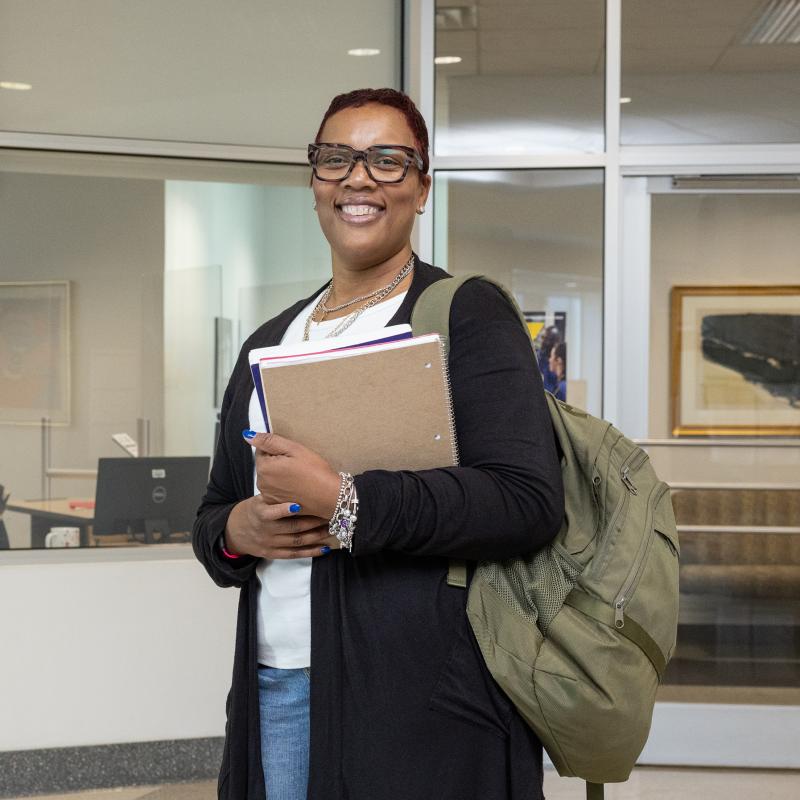-
Program Duration: 2 Year Program
-
Degree Type: Associate in Applied Science (A.A.S.)
-
Total Credit Hours: 60

About This Program
The Individualized Studies program recognizes valuable training and/or work experience by giving students the opportunity to receive college credits for their experiences and to apply that experience and knowledge to an associate degree. It assists individuals in their preparation for career advancement or change. In the first semester, the student will develop a Personal Education Plan (PEP) directly related to career or educational goals. The PEP requires the approval of the department head.
Transfer Opportunities

Launch Your Unique Career with Individualized Studies
- Editors– est. salary $78,007
- Art, Drama, and Music Teachers, Postsecondary – est. salary $94,215
- Technical Writers – est. salary $85,739*
Career Outlook
Median Salary of a Technical Directors/Manager
Number of Jobs in the Region
10-year Job Outlook in the Region for Technical Directors/Managers
Technical Directors/Manager
Coordinate activities of technical departments, such as taping, editing, engineering, and maintenance, to produce radio or television programs.
Starting Pay: $30,118

Typical Tasks
- Supervise and assign duties to workers engaged in technical control and production of radio and television programs.
- Monitor broadcasts to ensure that programs conform to station or network policies and regulations.
- Observe pictures through monitors and direct camera and video staff concerning shading and composition.
- Act as liaisons between engineering and production departments.
- Test equipment to ensure proper operation.
Let's Get Started


